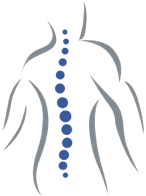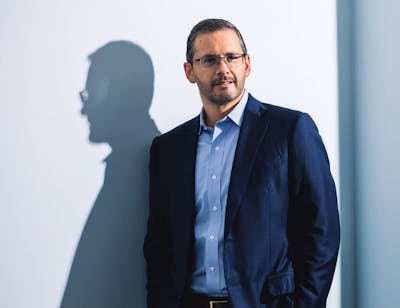Achilles tendon injuries can be incredibly painful, leaving the patient unable to raise their foot. Thankfully, there is a surgical intervention that can repair this condition and help the patient get back to their usual activities.
What is Achilles Tendon Repair Surgery?
Achilles tendon repair surgery is a procedure that’s designed to fix a damaged Achilles tendon. The largest tendon in the body, the achilles tendon connects the heel to the calf muscles. It helps you walk, run, and jump. If trauma occurs, the Achilles tendon can tear. This is usually the result of a sudden, strong impact, which can often be caused by changes in leg movement during sports or other intense activities.
A ruptured Achilles tendon typically causes a great deal of pain and swelling around the heel. Sufferers of a tear are usually not able to bend their heels downward.
Degeneration can also affect the Achilles tendon. This condition is also referred to as tendinitis or tendinopathy. Patients who develop this typically experience pain and stiffness in the area of the Achilles tendon and the back side of the heel. This condition most often results from overuse or excessive stress on the Achilles tendon. Those with shorter calf muscles are at an increased risk for tendinopathy.
Regardless of the issue, the surgery is designed to repair the tendon and restore proper function. Achilles tendon repair surgery involves disconnecting the tendon and some of the muscles of the foot and reattaching them using plastic screws. Patients are able to walk again without any pain or hindrances.








